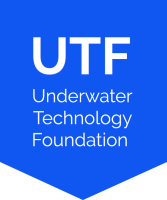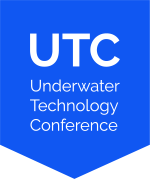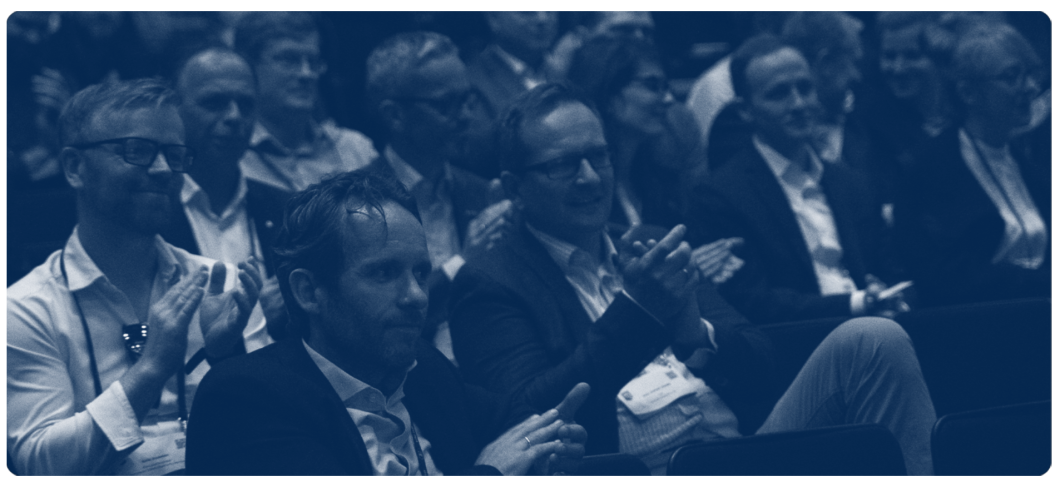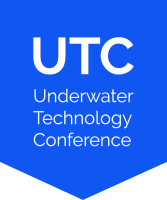Technical session showcase June 15th and 16th
From oxy-fuel to underwater drones, driving the transition at UTC.
What do zero emission underwater oxy-fuel power stations, decarbonised district heating using subsea compression technology and subsea fuel cells, hydrogen storage and high voltage substations have in common? They’re all on our technical session agenda at this year’s UTC.
It’s a broad, but also incredibly in-depth agenda that shows that it’s now clearer than ever that underwater technology and expertise have a role to play in the energy transition.
From decarbonisation of offshore oil and gas through electrification and floating offshore wind, to how proven subsea technology can support cost reduction in renewables, this year’s technical session themes cover the solutions we need today to drive forward the energy transition.That’s why, our key session themes this year include:
Solutions for the energy transition
Renewable energy: tidal, wind and wave
Innovation/new technology
Field of the future.
But as well as solutions that reduce or even remove emissions from the energy system, our technical sessions drill down into technologies and innovation that we also need to be safer, more efficient, friendlier to the environment and cost effective. That’s across the full value chain, from how we design future control systems through to installation and then inspection, maintenance and repair of our existing, now aging, subsea assets, as well as tomorrow’s all electric fields through digitally integrated subsea drones.
So that’s why we also have session themes looking
IRM
Installation
Innovation/instrumentation
All electric control systems
Click through here to take a more in depth look at the full programme.
Choosing these themes and picking this year’s technical session speakers was a tough but rewarding role for our programme committee. Two committee members, Solveig Tornås and Arne Skeie, will also be moderators this year. There’s a lot to discuss, says Arne, who is also Business Development Manager, Subsea 7, with energy, food and minerals shortages as a backdrop, while climate change remains at the forefront of most minds.

All electric, decarbonisation of producing fields, the field of the future, as well as being competitive in offshore wind, are key topics for Arne. “This is especially so in Norway, where our Prime Minister recently announced a target for 30GW of offshore wind by 2040,” he says. “Norway hasn’t been that ambitious before, but there’s now a momentum, so this is very relevant. But we still need oil and gas and carbon capture and storage is also a vital part of the solution. It’s about doing things in a smarter way and at UTC we will get some concrete examples of this, from being cost effective to harnessing digitalisation.”
For Solveig, Solveig, who is also Director Engineering Services, Subsea Service, TechnipFMC, the mix of high level and then detailed perspectives means the technical sessions offer a great level for everyone. She highlights the focus on the Scotwind round in the UK and how they’re maximizing subsea technology to develop floating offshore wind, utilising existing technology and project management skills for this new industry. “We see this across a number of presentations, reflective the overall theme of this year’s conference, Subsea leading the way in the energy transition,” she adds. “How we can use the technologies, competence and knowledge we have today into technologies for the decarbonised and renewable energy of tomorrow.”
But she’s also excited to hear about the latest in subsea drones and how these can be digitally integrated into assets and operations, pointing to a more digitally enabled subsea. “The world around us is evolving to be more digital. Over the last years we have found we can do more remotely. We can work closer to our families and have a better work life balance, while being more efficient. That’s interesting and we look at these topics in the technical sessions this year.”
What’s now clearer than ever is that the expertise embedded within the underwater industry have a role to play in the energy transition, whether that’s subsea connectors supporting floating offshore wind or underwater compression technology supporting onshore district heating schemes. But it’s also clear that we also need to ensure safe and efficient continued operations from existing assets.
Whatever your role in the underwater industry and in the energy transition, we have these topics covered during this year’s UTC technical sessions. Register to not miss out.




















